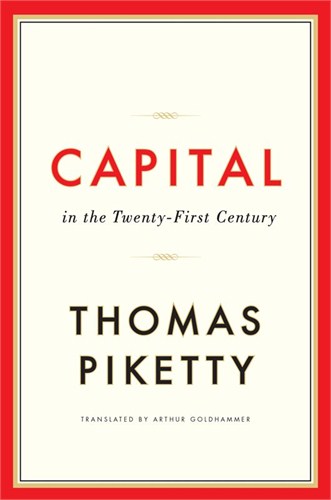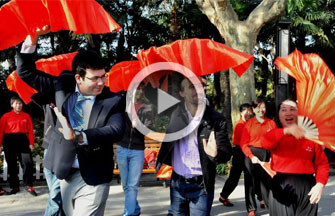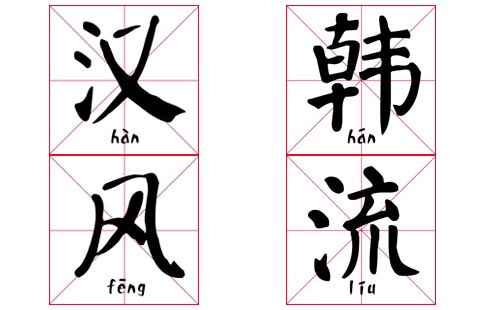Capital causes a stir
By Xing Yi ( China Daily ) Updated: 2014-08-06 07:19:25
 |
|
Capital in the Twenty-First Century (English version) By: Thomas Piketty (author), Arthur Goldhammer (translator) Publisher: Belknap Press Year published: 2014 Price: $39.95 Pages: 696 |
China Citic Press secured the copyright for the Chinese version of the book earlier this year. "We have been paying close attention to the book ever since the French version was published in 2013," says Zhu Hong, deputy director of the second branch of China Citic Press.
Zhu is in charge of introducing the book to China. To ensure the quality of translation, Ba Shusong, deputy director general of the Financial Research Institute at Development Research Center of the State Council, and his research team undertook the translation project.
Zhu says the Chinese version is scheduled to be published in mid-September.
"We have invited Piketty to visit China in November and will arrange forums for Chinese scholars to meet and discuss his work with him," Zhu adds.
Piketty is a professor of economics at the Paris School of Economics, and the book is based on his study of a wide range of data, covering over 300 years and more than 20 countries.
By studying the historical and comparative data about the distribution of wealth since the industrial revolution, Piketty argues that economic growth and diffusion of knowledge cannot change the rigid social structure and avoid growing inequalities as capital grows faster than the economy.
Piketty's strong argument and thorough empirical research attracted criticism and praise when the English version of the book was released on Amazon in March.
Paul Krugman, winner of the Nobel Prize in economics and professor of economics at Princeton University, published three articles in the New York Times praising the book, calling Piketty's work "the most important economics book of the year - and maybe of the decade". However, in the Wall Street Journal, Daniel Shuchman, a fund manager, criticized the book's "medieval hostility to the notion that financial capital earns a return" .
|
|
|
|
|
|
|
|

























 Raymond Zhou:
Raymond Zhou: Pauline D Loh:
Pauline D Loh: Hot Pot
Hot Pot Eco China
Eco China China Dream
China Dream China Face
China Face






